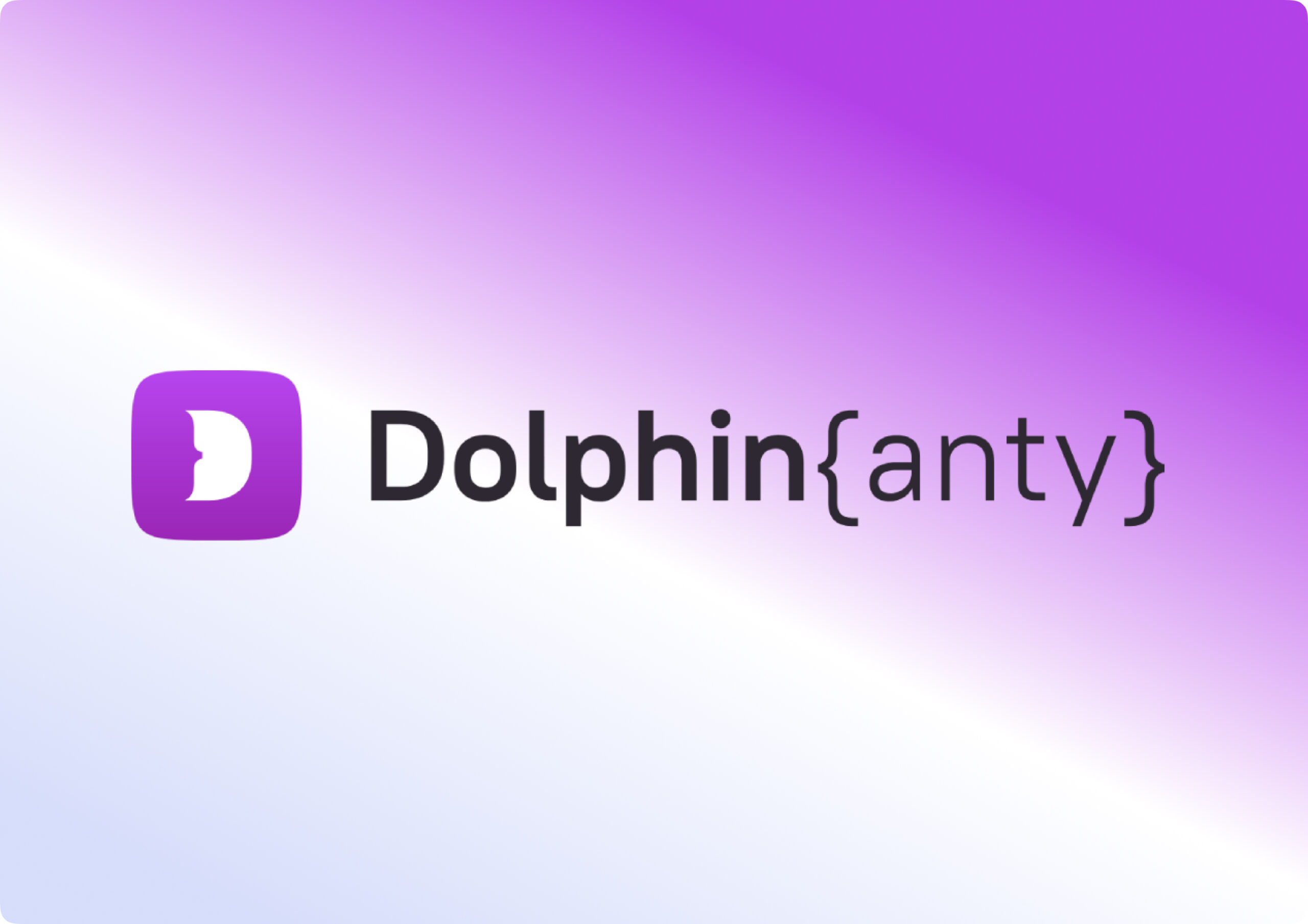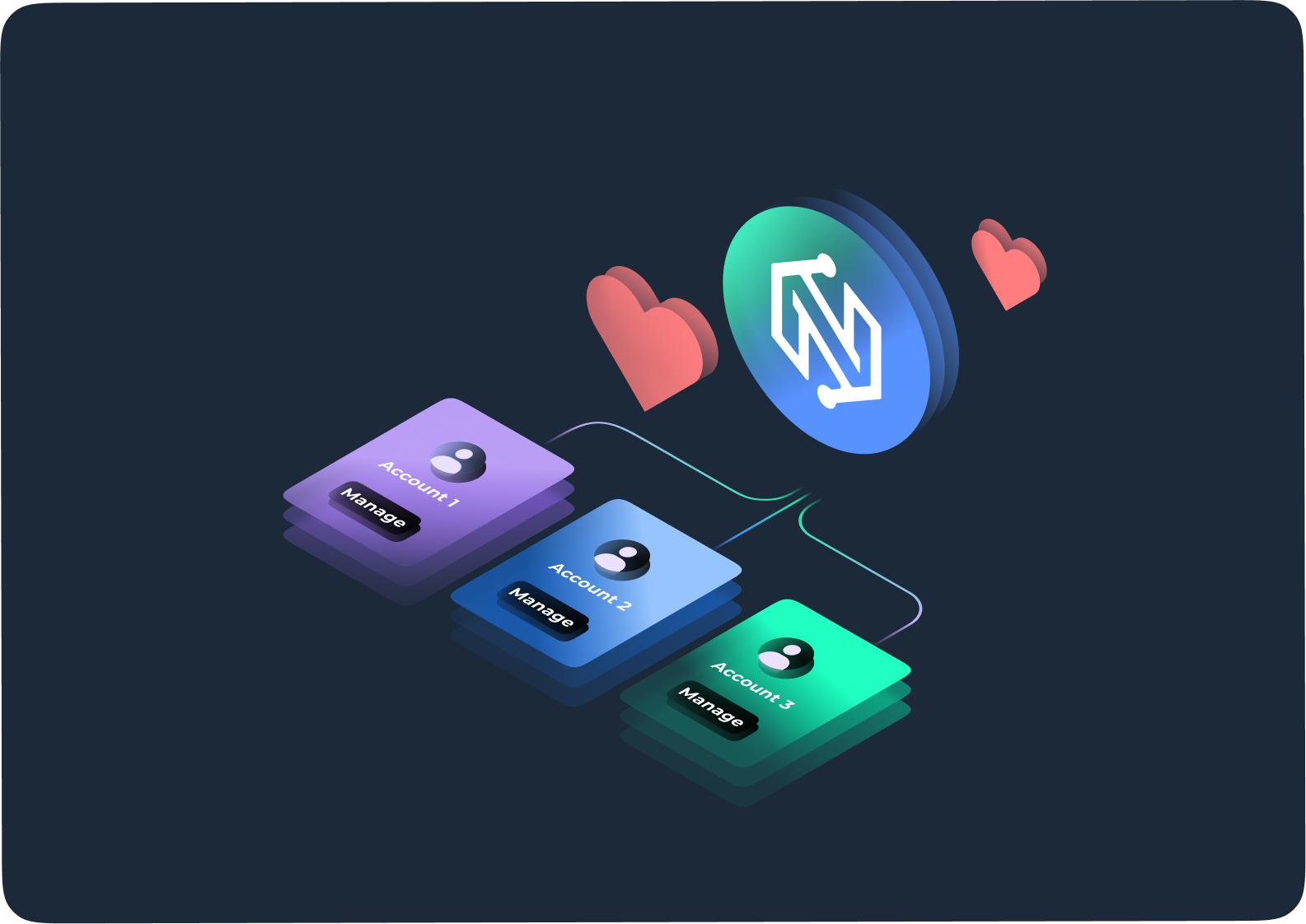Ever wondered how marketers or scrapers avoid IP bans while gathering massive data? A rotating proxy is often their secret weapon.
In this guide, we’ll unpack exactly what a rotating proxy is, walk through how to set it up, explore the benefits and risks, compare against static proxies, and explain why NodeMaven is a standout provider.
What is a rotating proxy?
Imagine never seeing the same IP twice when making web requests, that’s the basic idea behind a rotating proxy.
A rotating proxy automatically switches the outgoing IP address for each new request, or after a set time interval.
Instead of staying on a single IP, your traffic hops between different IPs hosted across a large pool. This makes your requests appear as though they originate from many different users, which helps avoid detection by anti-bot systems.
Now that you understand what it is, let’s look at exactly when rotating proxies are used in practice.
When are rotating proxies used?
Think scraping hundreds of product pages per second without getting blocked, rotating proxies make that possible.
Use cases include:
- Web scraping at scale: Collecting SERP data, price lists, or public datasets requires IP diversity to avoid rate limits and blocklists.
- Ad verification and monitoring: Checking geo-specific ads demands changing IPs across regions to simulate real user locations.
- Social media automation: Managing multiple accounts on platforms like TikTok or Instagram, where static IP reuse triggers account suspensions.
- Testing or QA automation: Running user behaviors or load tests from different IPs gives more realistic results.
Whenever your workflow demands scale, stealth, or geo diversity—rotating proxies are your go-to tool.
Types of rotating proxies
Not all rotating proxies are created equal, knowing which type fits your use case is critical.
Let’s break down the three main kinds:
Rotating residential proxies
These IPs come from real home internet users, a key reason they’re so trusted in automation setups.
Residential IPs are assigned by ISPs to household routers. They’re difficult to detect, since they appear as genuine users. When rotated, they create high anonymity and minimal blocking, ideal for account login, comment automation, and ecommerce tasks.
Example: An SEO team rotates residential IPs to check search rankings across dozens of Canadian cities without triggering Google blocks.
Rotating datacenter proxies
Fast, plentiful, but easier to spot, they work best where speed matters more than stealth.
Datacenter IPs originate from server farms. They offer high bandwidth and low cost, but lack the authenticity of residential IPs. Many sites use simple lists to block datacenter ranges, so these proxies are best for non-sensitive automation, non-login scraping, or tasks that don’t involve identity-sensitive platforms.
Example: Pulling public Facebook page metrics or Twitter counts from many accounts quickly, without logging in.
Rotating mobile proxies
Traffic that looks like it’s coming from a mobile device on a real 4G/5G ISP is the most trusted layer of all.
Mobile proxies route requests through smartphone networks. These IPs rotate in naturally with each connection, and are near-impossible to detect as proxy traffic. They excel when automating mobile-first platforms like TikTok, Instagram Reels, or mobile apps.
Example: A TikTok growth hacker uses rotating mobile proxies to like, comment, and follow across accounts without triggering detection.
Whether you value stealth (residential), speed (datacenter), or maximum trust (mobile), there’s a rotating proxy type to match.
Rotating Proxy vs. Static Proxy: which to choose
Choosing between rotating and static proxies comes down to what kind of operation you’re running.
Static proxies give you a fixed IP per session, ideal for login consistency, whitelisting, and one-account workflows. Rotating proxies change IPs frequently, which offers anonymity and scale but can break session continuity if not managed properly.
Use-case guide:
- Use static proxies for single-account automation, login flows, or sensitive session-sensitive tasks.
- Use rotating proxies for scraping, ad verification, multiple-account actions, or when rotating helps avoid rate limits.
Tip: Many providers let you blend both: static for login, rotating for engagement, offering the best of both worlds.
The key is matching proxy type to workflow requirements: static for persistence, rotating for scale and stealth.
Benefits of Using a Rotating Proxy
Want to stay under the radar while performing high-volume tasks? Rotating proxies deliver unmatched stealth and scale.
1. Avoiding Detection and Bans
Use a new IP every time, and you reduce patterns that platforms use to flag suspicious behavior.
Rotating proxies scatter your footprint across many IPs. This prevents building a pattern that platforms like TikTok, Instagram, or Amazon anti-bot systems can detect. You avoid mass bans, CAPTCHAs, and login challenges.
2. Large-Scale Web Scraping
Collecting data from hundreds or thousands of URLs in parallel? You need IP diversity.
Web scraping at scale demands rotating IPs to distribute request load and avoid bot protections. Rotating proxies let you fetch data across thousands of pages without hitting rate limits, throttle thresholds, or geo-based blocks.
3. Managing Multiple Accounts
Automating hundreds of social app accounts from one IP is a fast track to bans.
Rotating proxies allow one IP per session or account. You can manage multiple accounts safely without reuse of IPs. Combining this with session control and fingerprint isolation enables safer account farming or management workflows.
4. Regional Targeting for Testing or Ads
Want to simulate user behavior in different regions or run A/B testing by country? Rotating proxies help.
Rotating proxies with geo filtering let you test websites, content, or ads from specific countries or cities. This aligns with regional market behavior and ad performance validation, helping you avoid IP-based skew in your analysis.
Rotating proxies deliver privacy, performance, and regional authenticity at scale, key to modern automation success.
Common Mistakes When Using Rotating Proxies
Even the best proxy won’t perform if you’re misconfiguring or misusing it.
Avoid these common pitfalls:
- Not isolating sessions: Mixing accounts on shared fingerprints or IPs undermines anonymity.
- Too-frequent rotation: Changing IP mid-login disrupts sessions and prompts re-auth.
- No IP health monitoring: Some proxies degrade or get blacklisted, keep logs and rotate out bad ones.
- Using datacenter IPs for sensitive tasks: Sites may flag the entire subnet.
- Ignoring headers and login consistency: IP alone isn’t enough, match user-agent and geo headers for authenticity.
Example: A misconfigured bot rotates IPs every 30 seconds, triggering login failures and CAPTCHAs because sessions break mid-flow.
Rotation control and monitoring are just as important as the IP pool itself.
Why NodeMaven Is the Best Choice for Rotating Proxies
Want rotating proxies that stay clean, fast, and undetected? NodeMaven is engineered for that.
Here’s what sets NodeMaven apart:
- Premium residential and mobile IP pools: Clean and high-trust residential IPs, plus mobile IPs for ultimate stealth.
- Flexible rotation logic: Choose to rotate per request, per time interval, or maintain sticky sessions per account.
- Geo-specific options: Filter by country, city, ISP, ASN, or even mobile carrier.
- Full integration support: Works easily with Puppeteer, Selenium, GoLogin, Multilogin, or custom scripts.
- Transparent pricing and IP health filtering: No hidden caps; IPs are validated in real-time for clean performance.
Example use-case: A TikTok marketer logs in each account on a static Canadian residential IP, then engages using rotating mobile proxies from the same region, maintaining both trust and anonymity.
For scalable, stealthy workflows with no compromise, NodeMaven delivers both quality and flexibility in rotating proxy infrastructure.
Final Thoughts
Rotating proxies empower high-scale work with stealth and resilience. Whether you’re scraping SERPs, managing hundreds of social media accounts, conducting global ad validation, or simulating regional behavior, rotating IPs give you the privacy, session control, and flexibility you need.
Choose rotating when anonymity and scale are priorities. Choose static when continuity and login consistency matter. And with NodeMaven offering high-quality rotating residential and mobile proxies, you get the best of both worlds backed by smart rotation controls and geo options.
Let me know if you’d like this article formatted as a conversion-ready page, expanded with screenshots, or combined with a provider comparison table.


